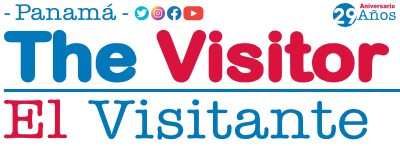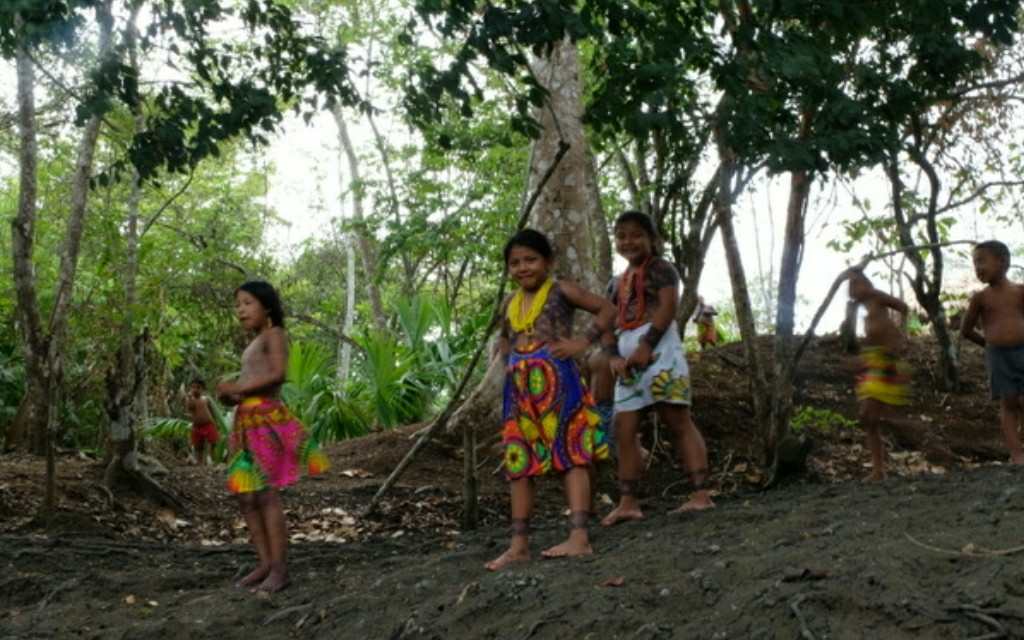Rural tourism will be one of the sectors that will open its doors to the public in the new normality that the country will experience, and the work being carried out today in everything related to sustainable tourism is vital for rapid activation and development in the medium and long term.
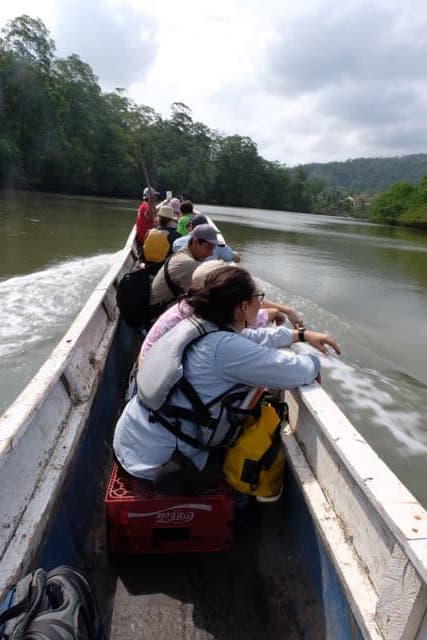
The Covid-19 and its Effect on Sustainable Tourism
Annie Young, Member of the National Tourism Council and President / Founder of the Panamanian Foundation for Sustainable Tourism thinks that the pandemic is leading us to rethink globally the best strategy to develop tourism in the future. That experienced travelers today demand that companies adhere to responsible practices, have certifications and sustainable guidelines that promote equitable tourism with the environment and society. And that the impact of Covid-19 will definitely lead companies and organizations to act around sustainability that inspires the transformation of tourism in Panama.
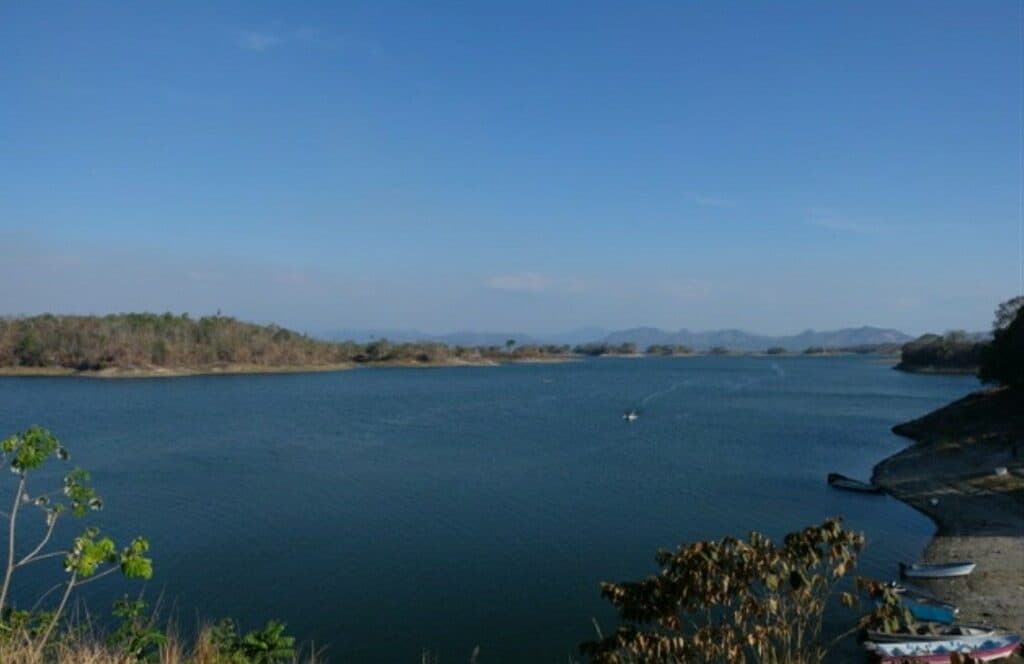
Work with Indigenous Groups in Sustainable Tourism
The Panamanian Foundation for Sustainable Tourism works hard to reactivate the Sustainable Rural Tourism Network: www.sostur.org and has been developing strategies in collaboration with various local and international organizations. Community tourism is holistic and involves infrastructure development plans, agriculture, health, among others, which will allow to work with various sectors. Annie Young comments that they are currently in the process of listening to the needs of some communities and working closely to develop a strategy that helps develop projects in the medium and long term. He goes on to say that the community organizations that have been successful in the Sostur Network are committed to maintaining their identity and addressing their own needs with a projection into the future, always committed to their cultural and natural environment.
For Juan Antonio de la Guardia, President of the Association of Tourist Guides of Panama, the Emberá communities in the most rural areas have worked hard in recent times to achieve sustainable tourism.
Planned Tourist Routes for Sustainable Development
Between 2015 and 2016, the Sustainable Community and Rural Tourism Network project of Panama (Sostur) was created, where work was done to strengthen technical capabilities and create a network of indigenous community tourism services based on multi-route tourism and today new members are joining in, including groups from Darien Province. Annie Young comments that the idea is to create anchor tours in Panama City and work with local operators. On the other hand, also comments that ATP and MiAmbiente are developing a route plan in protected areas in collaboration with various organizations (including APTSO). However, she thinks that the training of guides, companies, carriers, communities, route developers, operators, tourists, is important, since a social, cultural and ecological balance is necessary for each tourist product to be successful. Believes that involving neighboring communities so that they can also be part of decision-making in the planning process as micro entrepreneurs is vital to achieve direct benefit.
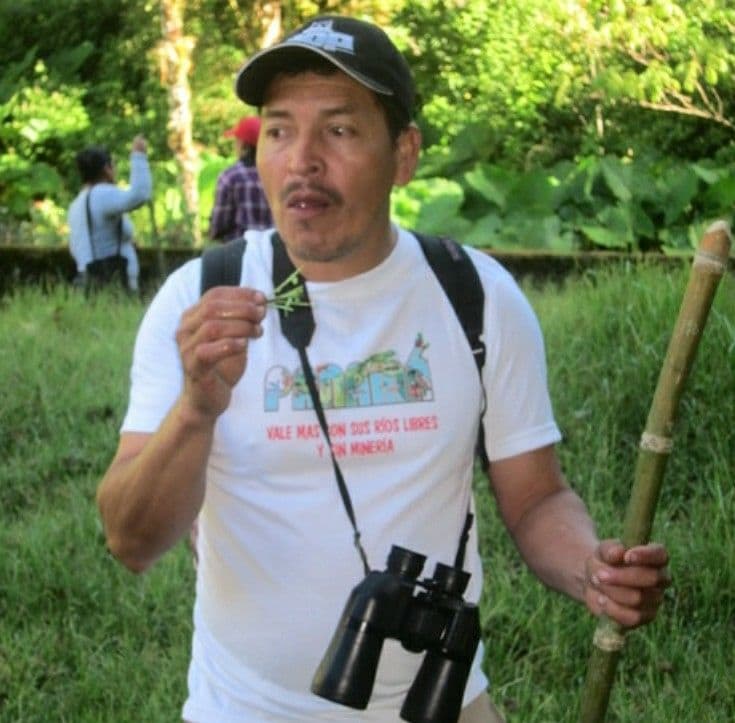
Sustainability in Tourist Clusters throughout Panama
Annie Young concludes her analysis by commenting that there is no other way to develop tourism today if it is not environmentally, socially and culturally responsible. She is convinced that the success that will be achieved will be in the long term since the ATP is following this route with the master plan that rescues concepts of green tourism, science and conservation. Emphasizes that tourism companies and clusters will have to adapt and create new experiences since it will be subject to consumer scrutiny, and mass tourism will not have much room in the new normality due to the issue of distancing, among many other things.
She also adds that in order to measure how close a destination is to having sustainable tourism, it must have a minimum of three or four indicators out of the 11 reflected in the Panama sustainable guide. This indicators are related to community, social and business responsibility, waste management, rules of conduct, punctuality, protection of ecological heritage, limits to tourist activity, measures to avoid spills, use of traditional materials that do not affect the environment, alliances with private and public partners, and cleanness.
